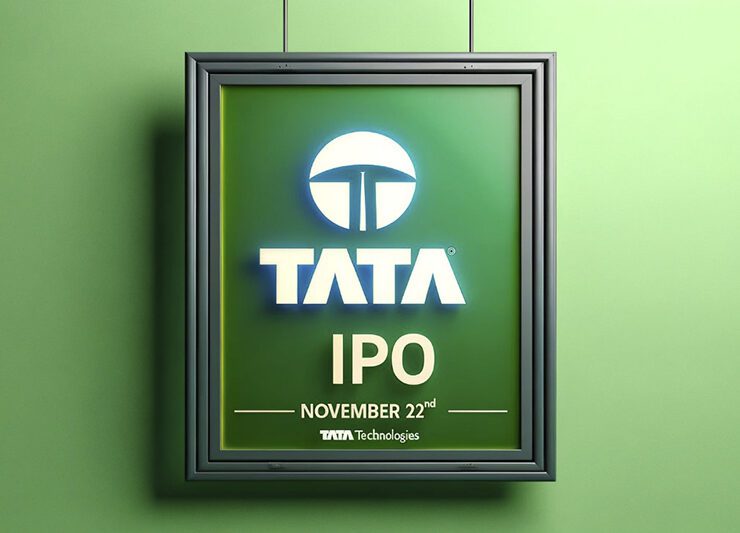How millennials should play stock market
With increasing inflation, taxes and aspirations, it is almost difficult for millennials to achieve life goals with traditional investment options such as fixed deposits, PPF, post office saving schemes, LIC, etc. It’s time we change our investments strategy to achieve our goals.
Stock market provides various investment options through which we can participate in the Indian growth story. With the changes in the economy and in terms of reforms and development, the Indian stock market has been the fastest to mould itself to a paradigm shift in India’s economic policy.
Now let’s understand how we can use the stock market to achieve our goals.
Equity: Investment in equity stocks is having ownership in profit and losses of the company. One can purchase the company’s shares on listing i.e. initial public offering or from the stock market. Along with high return potential, it also comes with high risk. Even in the long-term, few companies were not able to perform or sustain in growing competition and eroded investor’s wealth. An investor has to be well aware of companies’ performance, management and future potential before investing into them. This also requires regular review. It is always advisable to take help of an advisor for better decision making while investing in equities.
Derivatives: Derivative contracts include futures and options. They are instruments which are to be used with utmost precession and care. One should use it for hedging purpose only.
Bonds: Various taxable and tax-free bonds are also listed on exchanges. Earlier, the investor had to wait for bond issues to buy and have debt instruments in their portfolio for diversification. Once purchased, due to long maturity/ holding period, there was very low liquidity and the investor had to wait for maturity to liquidate. Today, exchanges provide the platform where we have easy availability and accessibility to participate in bonds with maturities as per investors need.
Exchange-Traded Funds: An Exchange-traded fund (ETFs) is a basket of stocks that reflects the composition of an index, like S&P CNX Nifty or BSE Sensex. ETFs are essentially index funds that are listed and traded on exchanges like stocks. The ETF’s trading value is based on the net asset value of the underlying stocks that it represents. Globally, ETFs have opened a new avenue of investment opportunities to retail as well as institutional investors. They enable investors to gain broad exposure to entire stock markets in different countries and specific sectors with relative ease, on a real-time basis and at a lower cost than many other forms of investing.
Mutual Funds: The stock market mutual fund platform uses state-of-the-art technology facilitating electronic transactions with a seamless connection between exchanges, clearinghouse, and asset managing companies, registrar and transfer agents and distributors. The platform eliminates paperwork significantly thereby reducing operational risks involved in paperwork and paper transit. Distributors also have the facility of enabling their investors to opt for online transacting. Investors have the benefit of a single view of their mutual fund investment.
The exchange platform facilitates a variety of transactions like subscription, redemption, switch, SIP/STP/SWP and channels for making payment include cheque, net banking (online), RTGS /NEFT.
Offer for sale: Offer for sale (OFS) facilitates promoters to dilute/offload their holding in listed companies. Investors can participate in OFS and purchase the shares directly from the promoters through the exchange. Exchanges provide the separate window for the same.
Buyback: Buyback is a corporate action in which a company buys back its shares from the existing shareholders usually at a price higher than the market price. Investors can participate in Buy Back of Shares through stock market route.
Sovereign Gold Bond: Sovereign gold bonds are government securities denominated in multiples of the gram(s) of gold. They are a substitute for investment in physical gold. To buy the bond, investors have to pay the issue price in cash to an authorized securities and Exchange Board of India -registered broker.
On redemption, cash is deposited into the investor’s registered bank account. These bonds are issued by the Reserve Bank of India on behalf of the Government of India and are traded on stock exchange.
With so many investment avenues available for investment, it’s very important to make a well thought out and informed decision.
Before making any decision one has to evaluate whether one has capability, knowledge and time to manage his investments as per his goals. To make things much easier it’s always advised to consult a financial adviser for money matters.
THE CHECKLIST
- It is almost difficult for millennials to achieve life goals with traditional investment options
- It is advisable to take help of an advisor for better decision making
- Evaluate whether one has capability, knowledge and time to manage investments
The writer is assistant vice president, Arihant Capital Markets Ltd






